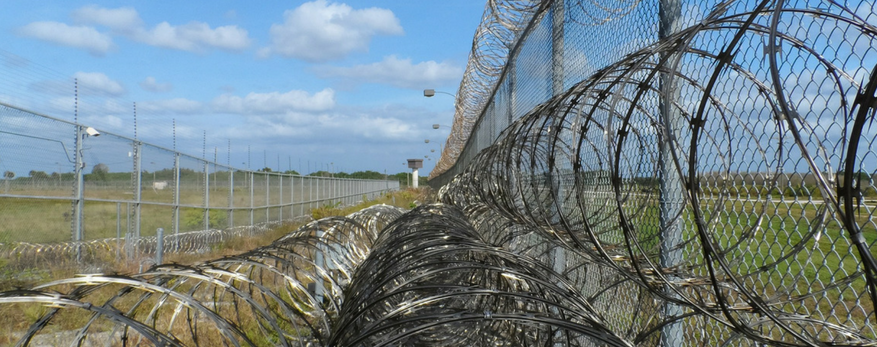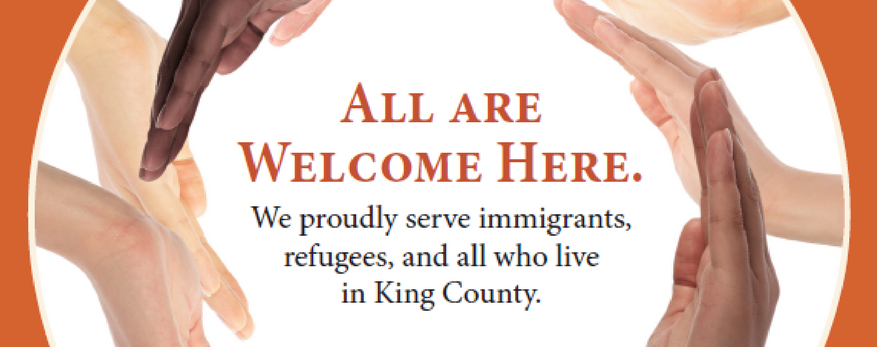King County Bar Association’s Volunteer Legal Services program has launched a new service for low-income people trying to vacate criminal conviction records. The ultimate goal is to reduce the barriers to employment and housing created by convictions. To be eligible to participate, you must be low-income and your most recent conviction must have been from a court within King County. Download this flyer for more information.





